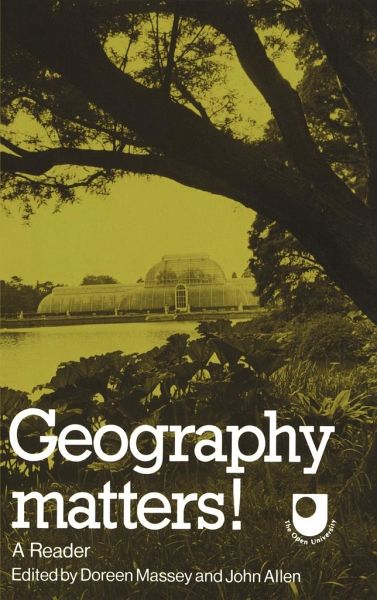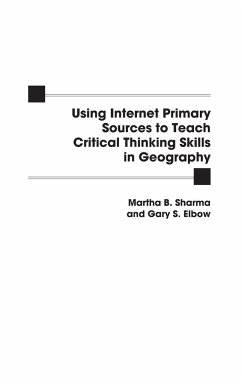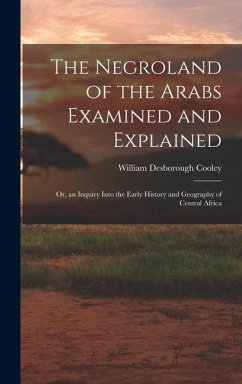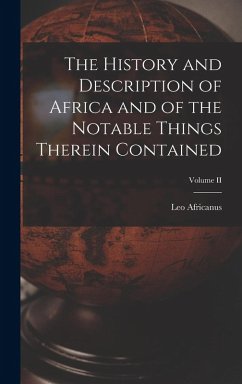
Geography Matters!
A Reader
Herausgeber: Massey, Doreen; Anderson, James; Allen, John

PAYBACK Punkte
64 °P sammeln!
Space and nature have long been the concerns of human geography, bound up with a strong sense of the importance of place. Understanding how society changes entails understanding the geography of social change. In this new reader, the editors argue for a new way of looking at the relationship between society and its spatial organization, between society and nature, and between the interdependence and unique character of places. First, through a selection of material ranging from the changing geography of class cultures, gender relations, city structures, state power to the processes of internat...
Space and nature have long been the concerns of human geography, bound up with a strong sense of the importance of place. Understanding how society changes entails understanding the geography of social change. In this new reader, the editors argue for a new way of looking at the relationship between society and its spatial organization, between society and nature, and between the interdependence and unique character of places. First, through a selection of material ranging from the changing geography of class cultures, gender relations, city structures, state power to the processes of international law, the readings demonstrate that neither space nor society can be understood independently of the other. Social change involves spatial change and spatial change affects social organization. The two sides of the relation mediate a geography of change. Second, a number of the articles explore the relation between society and nature, and demonstrate that that, too involves a continuous and changing interrelationship. Nature cannot be understood outside of its social interpretation and use; equally nature, the environment, has an impact upon the quality and future of our lives. Third, this collection presents an approach to the geography of place which has methodological implications for all those in social science who are concerned with the central problem of appreciating the of outcomes without losing sight of general processes of chance. To grasp the dynamic relation between society, space and nature is important not only for human geography, but for all the social sciences. Geography Matters! brings together a wide range of articles, from both geographers and non-geographers. It addresses a series of economic, political and cultural issues from a geographical angle that will put the social distinctiveness of place back on the agenda for all the social sciences.
Table of contents:
Acknowledgements; Part I. Introduction: Geography Matters Doreen Massey: 1. A history of nature Mick Gold; 2. The societal conception of space Robert Sack; Part II. Introduction: Analysis: Aspects of the Geography of Society John Allen: 3. 'There's no place like ...': cultures of difference John Clarke; 4. The spaced out urban economy Michael Ball; 5. Jurisdictional conflicts, international law and the international state system Sol Picciotto; Part III. Introduction: Synthesis: Interdependence and the Uniqueness of Place John Allen: 6. The re-structuring of a local economy: the case of Lancaster Linda Murgatroyd and John Urry; 7. A woman's place? Linda McDowell and Doreen Massey; 8. The laissez-faire approach to international labor migration: the case of the Arab Middle East Alan Richards and Philip L. Martin; Part IV. Introduction: geography and Society Doreen Massey: 9. The nation-state in western Europe: erosion from 'above' and 'below'? Martin Kolinsky; 10. Environmental futures Francis Sandbach; Index.
Table of contents:
Acknowledgements; Part I. Introduction: Geography Matters Doreen Massey: 1. A history of nature Mick Gold; 2. The societal conception of space Robert Sack; Part II. Introduction: Analysis: Aspects of the Geography of Society John Allen: 3. 'There's no place like ...': cultures of difference John Clarke; 4. The spaced out urban economy Michael Ball; 5. Jurisdictional conflicts, international law and the international state system Sol Picciotto; Part III. Introduction: Synthesis: Interdependence and the Uniqueness of Place John Allen: 6. The re-structuring of a local economy: the case of Lancaster Linda Murgatroyd and John Urry; 7. A woman's place? Linda McDowell and Doreen Massey; 8. The laissez-faire approach to international labor migration: the case of the Arab Middle East Alan Richards and Philip L. Martin; Part IV. Introduction: geography and Society Doreen Massey: 9. The nation-state in western Europe: erosion from 'above' and 'below'? Martin Kolinsky; 10. Environmental futures Francis Sandbach; Index.














